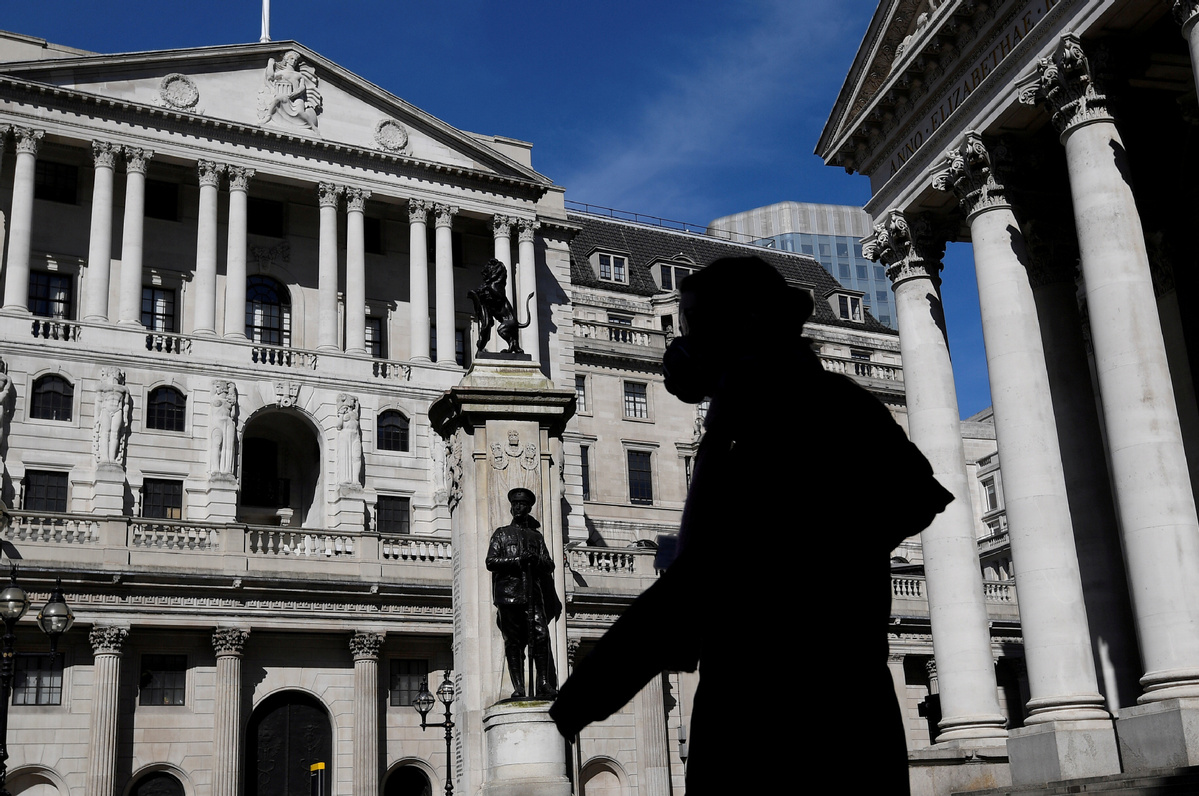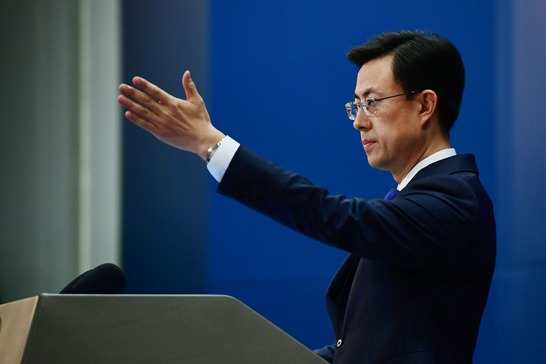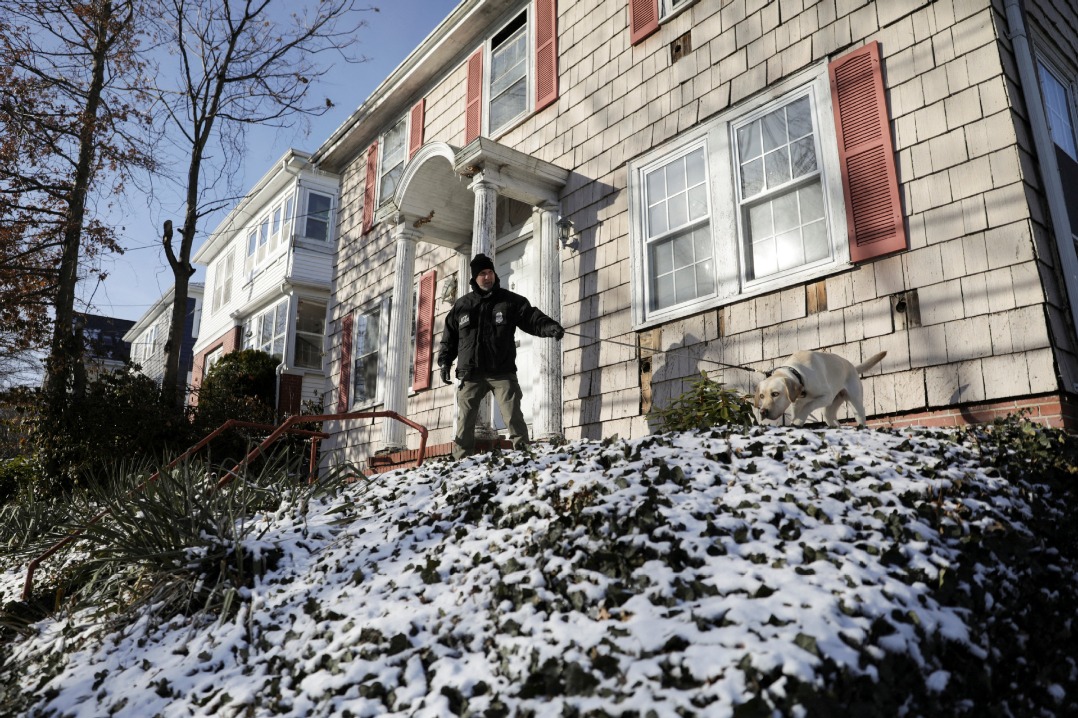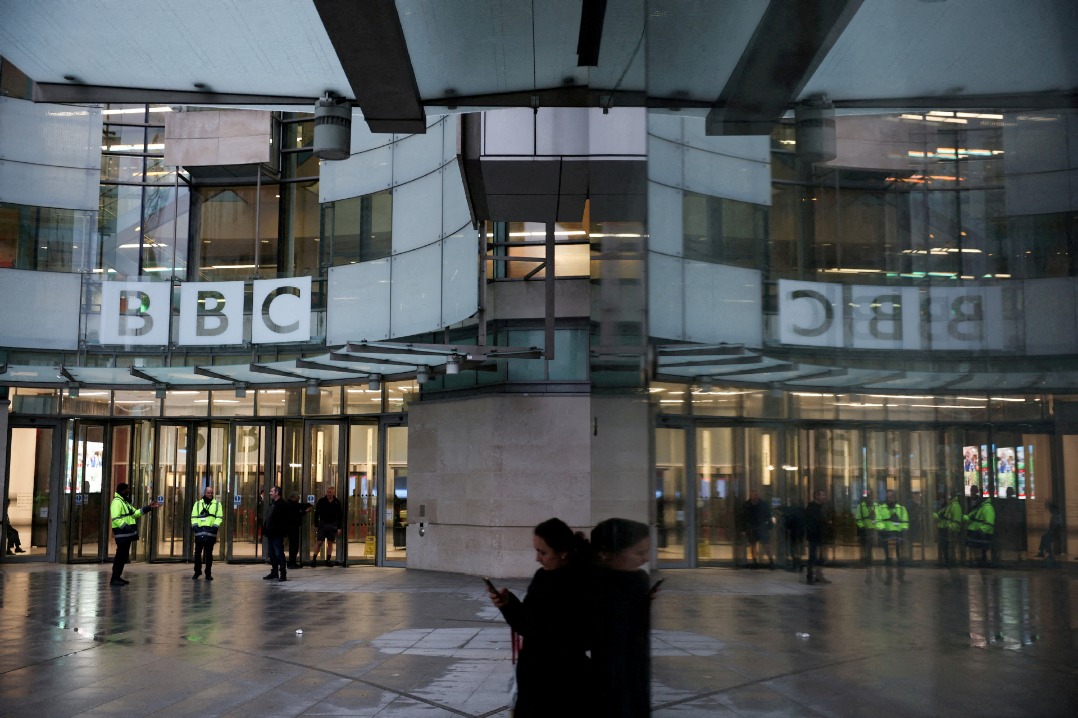Regions are hit by fresh restrictions


Scotland and Northern England close venues as virus flares there once more
The already-weakened hospitality sector could face another blow after reports the government is considering enforcing the temporary closure of venues across parts of Northern England, to contain the spread of the novel coronavirus.
After a long period of closure, many venues are already subject to a 10:00 pm curfew, depriving them of a large portion of business, but with infection rates rising in cities such as Newcastle, Liverpool and Manchester, more restrictions could be on the way.
In Scotland, First Minister Nicola Sturgeon has announced a "short, sharp" package of measures limiting pub opening, saying that without them, the virus could be "out of control" by the end of the month.
Authorities in London have yet to comment formally, but similar proposals in England have been widely reported in the national media as imminent.
Steve Rotheram, mayor of the Liverpool city region, said it was "deeply disappointing to wake up to reports that new lockdown measures affecting our area could be in place within days. Once again, we are finding out because ministers are choosing to brief newspapers rather than local leaders."
Andy Burnham, mayor of Greater Manchester, commented: "No discussion. No consultation. Millions of lives affected by Whitehall diktat. It is proving impossible to deal with this government."
A report by Britain's public spending watchdog the National Audit Office, or NAO, says taxpayers could face a bill of up to 26 billion pounds ($33.7 billion) because of emergency pandemic loans made through the Bounce Back program not being repaid.
The program, providing loans of up to 50,000 pounds, was set up early in the pandemic to help small businesses that did not meet the lending criteria of other arrangements.
There was criticism of how quickly they were made available, with the Public Accounts Committee saying the program was the most risky business support package being made available.
Although repayment is not scheduled to start until next May, there is already concern that many are unlikely to be repaid, because of fraud, organized crime, or default.
Demand was far greater than expected. Usually, the NAO says estimates for public sector fraud are somewhere between 0.5 percent and 5 percent. In this case, the NAO says up to 60 percent may not be repaid. Meg Hillier, chair of the Public Accounts Committee, said this "would be a truly eye-watering loss of public money".
"The bounce back loan scheme got money into the hands of small businesses quickly, and will have stopped some from going under," she continued. "But the scheme's hasty launch means criminals may have helped themselves to billions of pounds at the taxpayer's expense."
Meanwhile, the minister for universities in England has rejected calls for all students whose studies are being disrupted by COVID-19 restrictions to receive a refund or discount, telling a parliamentary committee that she expected teaching standards online to remain high, and that it could be an "innovative, interactive and dynamic" experience.
"I expect the quality to be there and the standards to be there," said Michelle Donelan. "It's important to note that often online learning is more expensive than traditional learning if done correctly and if done innovatively."
Plans are in place for mass vaccination facilities to be operating before Christmas, should current vaccine trials prove successful.
The Sun newspaper claims patients would need two jabs, 28 days apart, and the best-case scenario for a possible vaccine being available was just before Christmas.
Vaccine centers will be set up in large cities, with mobile facilities to visit those in outlying areas, or who are vulnerable.
Meanwhile, Italy has introduced even tighter rules on mask wearing, with the country's state of emergency being extended into the new year as cases continue to rise.
Masks are now compulsory in public "when in proximity to others not from the same household", and in all enclosed spaces, which is believed to include workplaces. Only home is exempt from the rule, and heavy fines will be imposed for rule breakers.
































